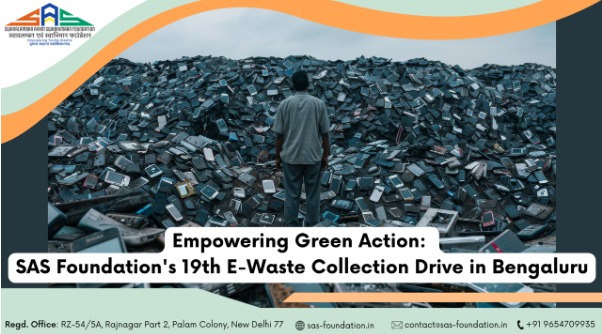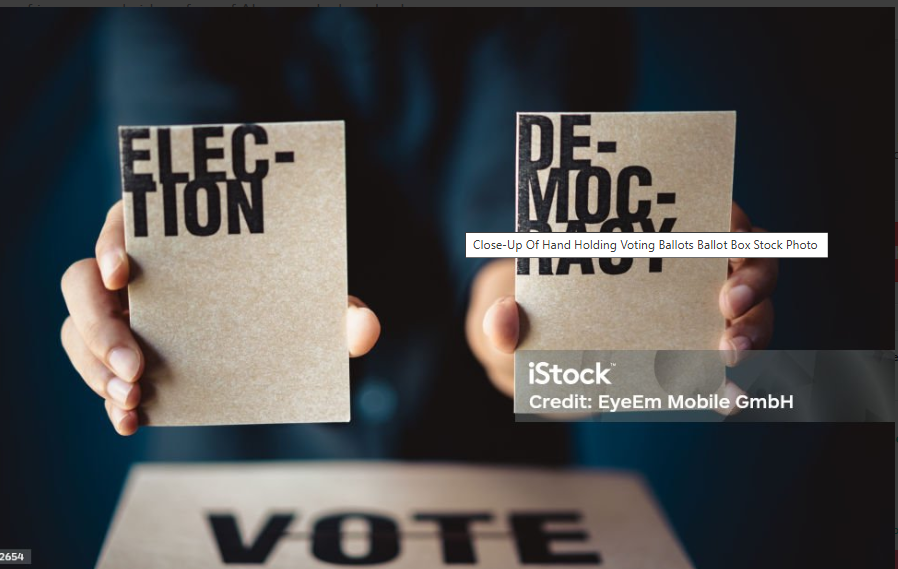From Safeguarding Sensitive Data to Protecting the Planet: How to Choose a Responsible Recycler That Aligns with Your Values
Have you ever looked at that old phone, broken laptop, or outdated printer gathering dust in a drawer or closet and thought, “I should probably get rid of that someday”? You’re not alone. In our fast-paced digital world, electronics become obsolete quickly, leaving us with piles of e-waste that are often too toxic to throw in the trash and too complex to simply recycle at the curb.
But here’s the truth: how you choose to dispose of those items matters — not just for you, but for the world around you. From safeguarding your personal data to protecting the planet from hazardous waste, your recycling choices can have a ripple effect far beyond your home or office.
The Hidden Dangers of Irresponsible Recycling
It might seem like any recycler will do, but not all recyclers are created equal. Some companies cut corners, shipping e-waste to developing countries where it’s disassembled in unsafe conditions, polluting rivers, harming workers, and damaging local ecosystems. Others may fail to properly wipe your hard drives, leaving sensitive personal or business data vulnerable to theft or misuse.
Now more than ever, it’s crucial to find a recycler who takes environmental responsibility seriously — and respects your right to data privacy.
Why Your Decision Matters More Than You Think
Your decision to recycle responsibly may feel small, but in reality, it sets off a chain reaction. When you work with an ethical recycler, you’re contributing to:
- Data Protection: Ensuring that your old devices don’t become a gateway to identity theft or corporate espionage.
- Environmental Stewardship: Reducing toxic waste in landfills and keeping heavy metals like lead and mercury out of water and soil.
- Worker Safety: Supporting recycling practices that provide safe working conditions and fair wages.
- Circular Economy: Promoting reuse and recovery of valuable materials, reducing the need for raw material extraction and lowering our collective carbon footprint.
So, How Do You Choose a Responsible Recycler?
Here’s a human-centered guide to help you navigate this decision with confidence and care:
1. Look for Certifications That Actually Mean Something
Think of certifications as a recycler’s report card — they’re the proof that the company adheres to rigorous standards for environmental and data security practices.
- R2 (Responsible Recycling): This is one of the most globally recognized certifications for electronics recyclers. It covers safe and environmentally responsible recycling practices.
- e-Stewards Certification: Founded by the Basel Action Network, this standard goes even further to ensure no e-waste is exported to developing countries and that worker safety is prioritized.
- NAID AAA Certification: Specifically focuses on secure data destruction — ideal if you’re recycling phones, laptops, or hard drives with sensitive information.
Ask the recycler about these certifications. If they don’t have them, that’s a red flag.
2. Ask About Data Destruction — and Get Proof
Before handing over your old electronics, ask one simple but crucial question: “How do you ensure my data is destroyed?”
A responsible recycler will:
- Use Department of Defense-grade data wiping standards.
- Offer physical destruction (shredding) of hard drives.
- Provide a certificate of data destruction — this is your proof that your information was securely handled.
Why does this matter? Because your discarded devices may contain banking details, personal photos, work files, and even login credentials. You deserve peace of mind knowing that this digital footprint isn’t floating around unprotected.
3. Trace Where Your Devices Go
A reputable recycler won’t be secretive about what happens to your devices. In fact, they should be transparent and even proud of it.
Ask questions like:
- “Do you process the electronics on-site or send them somewhere else?”
- “Are any materials shipped overseas?”
- “How do you dispose of hazardous components?”
If they hesitate or give vague answers, it’s probably best to walk away. Look for recyclers who can show a clear chain of custody — from drop-off to final processing — so you know your devices are being handled responsibly.
4. Consider the Human Side of the Operation
It’s easy to think of recycling as a purely mechanical process, but behind every recycled item is a network of people — workers handling materials, engineers repurposing parts, and local communities affected by waste management practices.
Does the recycler:
- Offer safe, well-regulated working conditions?
- Employ locally, or do they outsource to places with poor labor protections?
- Engage in community recycling or donation programs?
Recycling can — and should — be a people-first process. Some recyclers even refurbish donated devices and give them to schools, veterans, or low-income families. This turns your old tech into a second chance for someone in need.
5. Evaluate Their Environmental Impact
Truly responsible recyclers take steps to minimize waste, reduce emissions, and promote reuse. That could include:
- Refurbishing electronics instead of just shredding them.
- Recovering precious metals like gold, copper, and palladium for reuse.
- Using energy-efficient facilities and vehicles.
Ask them what percentage of the material they recycle is actually reused, and what goes to landfills. A good recycler will have solid answers — and a deep commitment to reducing their environmental footprint.
6. Align With Your Values
At the end of the day, this is about more than just decluttering your garage or wiping a hard drive. It’s about choosing partners who reflect your values — whether that’s sustainability, transparency, data security, or social impact.
Some people may prioritize eco-consciousness above all. Others may be more concerned about secure data disposal. Whatever matters most to you, find a recycler that shares those values and puts them into action every day.
A Small Step with Big Impact
It’s easy to underestimate the significance of responsible recycling. After all, it’s just one old phone or laptop, right?
But every time you make the choice to recycle ethically, you’re doing more than cleaning up clutter. You’re protecting yourself, supporting sustainable practices, advocating for fair labor, and preserving the environment for future generations.
Your small decision creates a ripple that spreads outward — inspiring friends, influencing businesses, and sending a powerful message: We care.
So next time you’re staring at that outdated gadget and wondering what to do, remember this: You’re not just getting rid of something. You’re choosing what kind of world you want to live in — and helping build it, one recycled item at a time.










